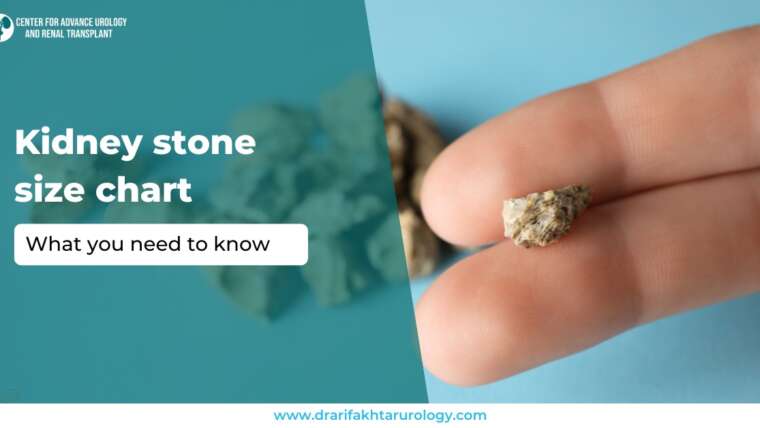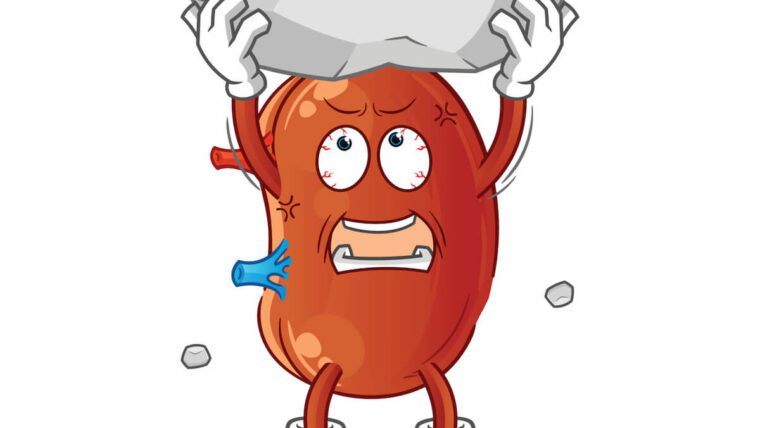Kidney stones are a painful and all-too-common condition that can affect anyone. These hard deposits, made up of minerals and salts, can form in the kidneys and cause discomfort when they move through the urinary tract. The good news is that many kidney stones can be managed and even prevented through a carefully planned diet. In this blog, we’ll break down how hydration plays a role, the different types of kidney stones, and practical dietary tips you can adopt to reduce your risk.
What Are Kidney Stones, and What Types Are There?
Not all kidney stones are the same. Knowing the type of stone you’re dealing with can help tailor your diet to prevent future ones. Here are the four most common types:
1. Calcium Stones**: These are the most common type, often formed from calcium oxalate. Sometimes people think cutting out calcium will help, but that’s not always true—more on that later.
2. Uric Acid Stones**: These stones form when urine becomes too acidic, often related to eating too much red meat or seafood. Dehydration and conditions like gout can also contribute.
3. Struvite Stones**: These are less common and are often related to urinary tract infections (UTIs). Certain bacteria can change the chemistry of your urine, leading to stone formation.
4. Cystine Stones**: A rare type caused by a genetic condition called cystinuria, where the kidneys excrete too much of the amino acid cystine.
The Importance of Hydration: Keep the Stones Away!
One of the most effective ways to prevent kidney stones is simply staying hydrated. Water helps dilute the substances in urine that lead to stone formation. Aiming for at least 3 liters of fluid intake a day (roughly 12 cups) is a great target, which should result in producing 2-2.5 liters of urine.
Plain water is the best option, but citrus drinks, like lemonade (without too much sugar), can also help. Citrus fruits contain citrate, which prevents certain types of stones from forming by binding with calcium in the urine.
Tailoring Your Diet for Different Types of Stones
The type of kidney stone you’re at risk for can influence what dietary changes you need to make. Here are some key tips for preventing each kind:
1. For Calcium Oxalate Stones**:
– Keep Calcium in Your Diet**: It might sound strange, but cutting out calcium can actually make you more likely to form stones. Instead, stick to a moderate calcium intake (about 1,000–1,200 mg daily) from food, like dairy or fortified plant-based alternatives.
– Watch Out for Oxalate**: Foods high in oxalate, like spinach, rhubarb, and almonds, should be eaten in moderation. Pairing oxalate-rich foods with calcium can help your body absorb less of it.
– Limit Salt: A high-sodium diet can increase the amount of calcium your kidneys excrete, raising the risk of stone formation. Try to keep your daily sodium intake below 2,300 mg.
2. For Uric Acid Stones:
– Cut Down on Animal Proteins**: Uric acid stones are often linked to a diet high in purines, which are found in red meat, organ meats, and certain fish like sardines. Reducing your intake of these foods can help.
– Make Your Diet More Alkaline**: Incorporating more alkaline-forming foods like fruits and vegetables can help neutralize the acidity in your urine, reducing the chance of uric acid stone formation.
– Limit Sugars and Alcohol**: High fructose intake and alcohol can increase uric acid levels, so try to minimize consumption of these.
3. For Struvite Stones**:
– Prevent Infections**: Since these stones are linked to urinary tract infections, the focus here is on preventing infections. Staying hydrated and practicing good hygiene can help reduce your risk.
4. For Cystine Stones**:
– **Low-Sodium Diet**: Reducing your sodium intake can help lower the amount of cystine in your urine.
– **High Fluid Intake**: Since cystine stones are caused by a genetic condition, the most effective strategy is to drink lots of water to keep cystine levels in your urine diluted.
General Dietary Tips for Kidney Stone Prevention
– Eat a Plant-Based Diet**: A diet rich in fruits, vegetables, whole grains, and legumes is beneficial for kidney health. Plant-based diets are typically lower in sodium and purines, which makes them a good option for anyone at risk of kidney stones.
– Incorporate Citrus Fruits**: Foods like lemons, limes, and oranges contain citrate, which can help prevent the formation of stones. Adding lemon or lime juice to water is an easy way to get this benefit.
Avoid Excessive Protein: While protein is essential for your health, too much—especially from animal sources—can increase calcium and uric acid levels in your urine, raising the risk of stone formation. Stick to a moderate amount of protein, and try to include more plant-based proteins like beans and lentils.
Conclusion: Prevention Is Key
Kidney stones are painful, but with the right diet and hydration, you can lower your chances of ever having to deal with them again. Understanding what type of stones you’re prone to will help you make smarter food and drink choices. Stay hydrated, maintain a balanced diet, and consult with your healthcare provider or dietitian to tailor your prevention plan. With the right strategies, you can manage kidney stones and keep them from disrupting your life.




